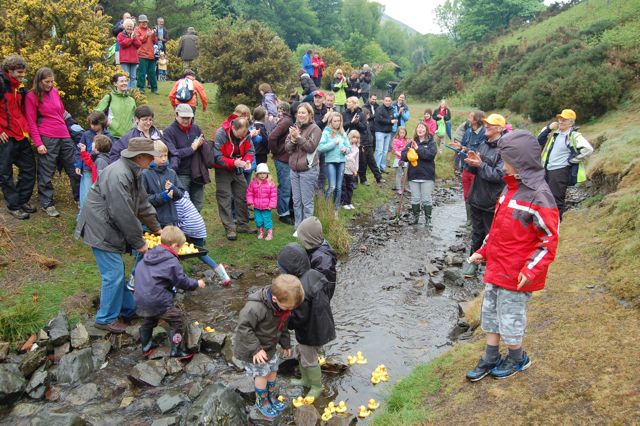What are the threats posed by Pollution?
The United Nations Environment Programme recognises three environmental crises impacting the planet today, the Climate Crisis, Loss of Biodiversity and Pollution. All three are interlinked, and all result from human activity.
Pollution is one of the most pressing challenges we face, posing a significant threat to our planet and its inhabitants. Pollution comes in various forms, including air, water, and soil pollution, each contributing to adverse effects on the environment, human health, and biodiversity.
Key threats include:
- Environmental Consequences: Pollution wreaks havoc on ecosystems, leading to deforestation, loss of biodiversity, and disruption of natural habitats. Air pollution, primarily caused by industrial emissions and vehicular exhaust, contributes to climate change and poses a severe threat to the delicate balance of our planet’s atmosphere.
- Human Health Impacts: The ramifications of pollution on human health are clear. Respiratory diseases, cardiovascular issues, and various other health problems are on the rise due to exposure to polluted air and water. It is estimated that air pollution contributes to over 30,000 deaths per year in the UK alone. Water pollution in the UK is making rivers and coastal waters unsafe for bathing. Contaminated food sources further compound these health risks, jeopardizing the well-being of communities around the world.
- Economic Costs: The economic toll of pollution is substantial, affecting industries, healthcare systems, and overall productivity. Clean-up efforts, medical expenses, and losses in agricultural yields are just a few examples of the financial burdens imposed by pollution.
What can I do?
- Reduce, Reuse, Recycle: Adopting a lifestyle centered on the principles of reduce, reuse, and recycle is an effective way to minimize waste production. This not only conserves resources but also reduces the amount of pollutants released into the environment.
- Conserve Energy: Energy consumption is a major contributor to pollution, especially in the form of greenhouse gas emissions. Individuals can contribute by using energy-efficient appliances, turning off lights and electronics when not in use, and supporting renewable energy sources.
- Use Sustainable Transportation: Opting for eco-friendly modes of transportation, such as walking, cycling, or using public transport, can significantly reduce carbon emissions. If feasible, consider investing in electric or hybrid vehicles to further decrease your carbon emissions.
- Mindful Consumption: Be conscious of the products you purchase and the environmental impact associated with their production and disposal. Choose eco-friendly and sustainable options, and support businesses that prioritize environmentally responsible practices. Buy what you need, not what you want.
- Participate in Community Clean-ups: Get involved in local initiatives aimed at cleaning up polluted areas. Community clean-ups not only contribute to a cleaner environment but also foster a sense of shared responsibility and environmental stewardship.
- Use Your Voice: Raise awareness about pollution-related issues in your community and beyond. Engage in conversations, support environmental policies, and advocate for sustainable practices at both local and global levels.
The actions of individuals, when multiplied, have the power to bring about positive change. By embracing sustainable practices and advocating for a cleaner, healthier planet, we can work together to mitigate the threat of pollution and ensure a brighter future for generations to come.


